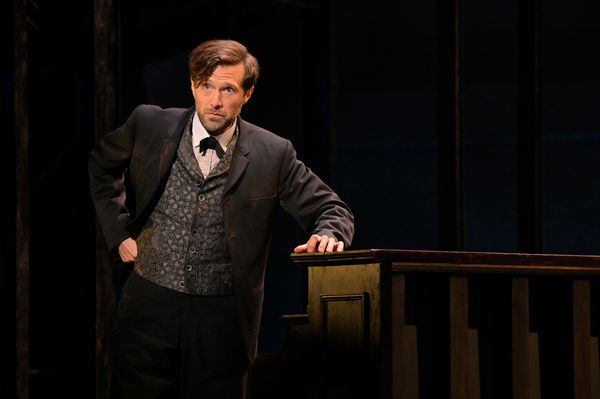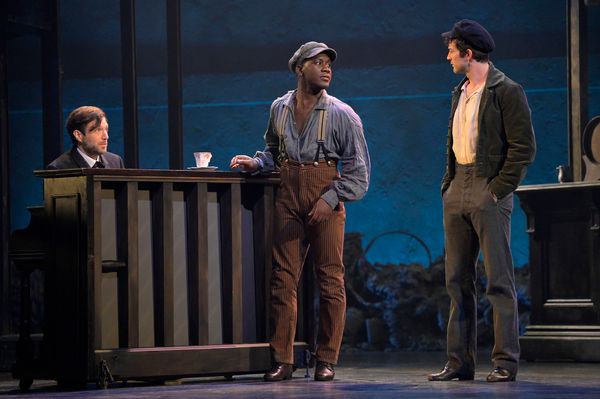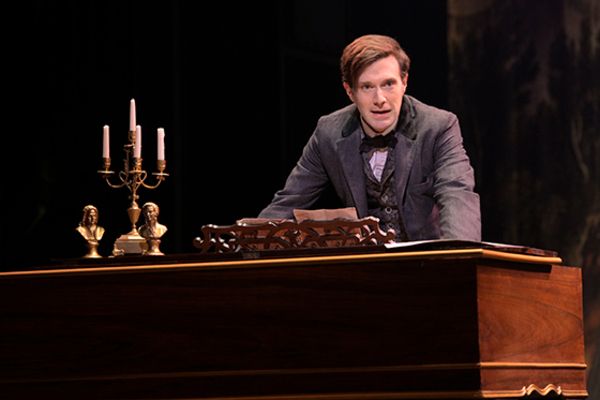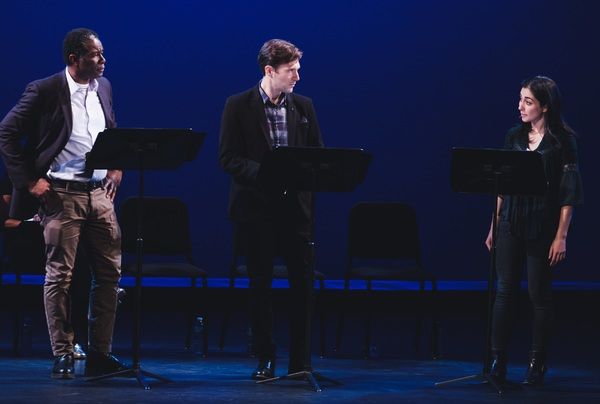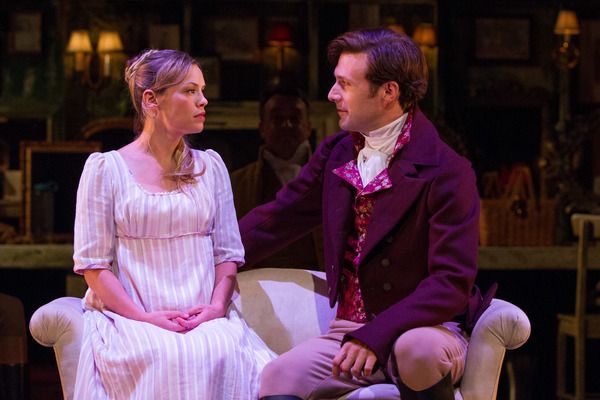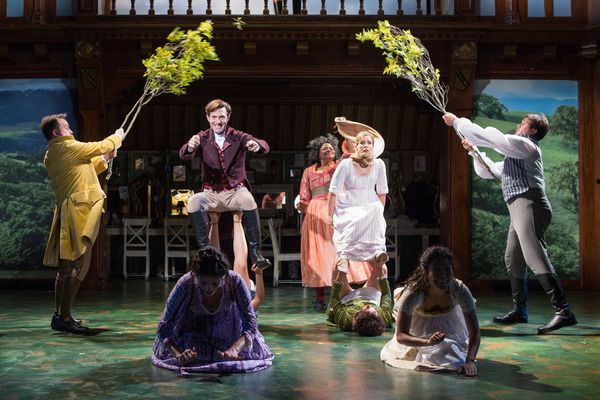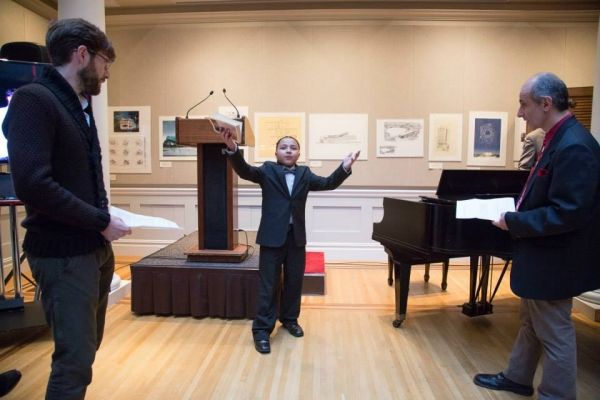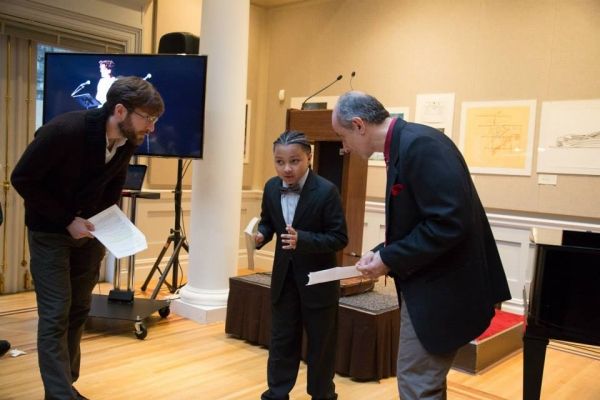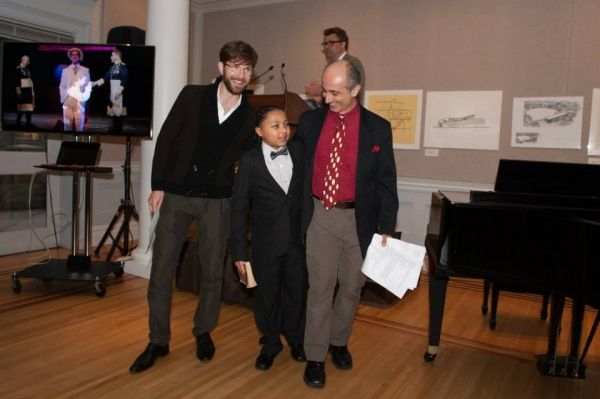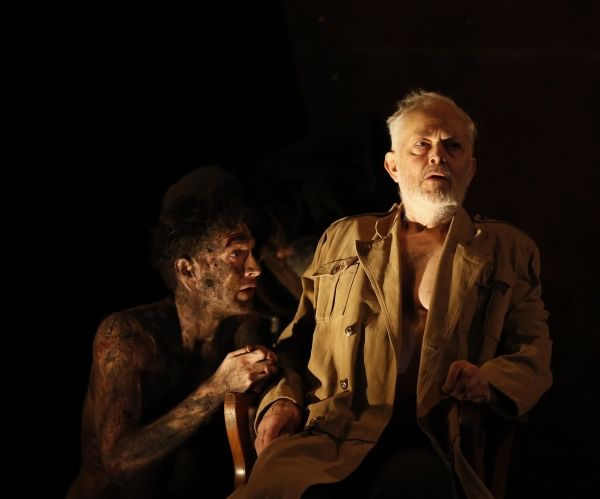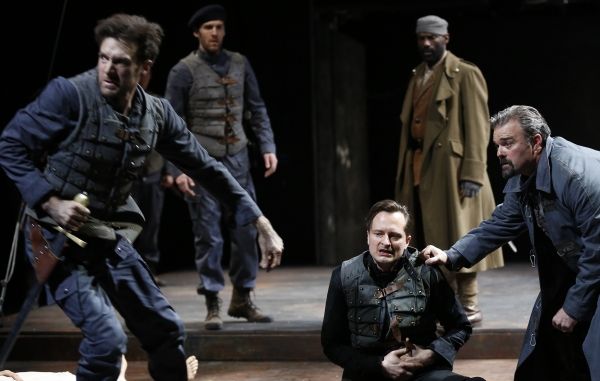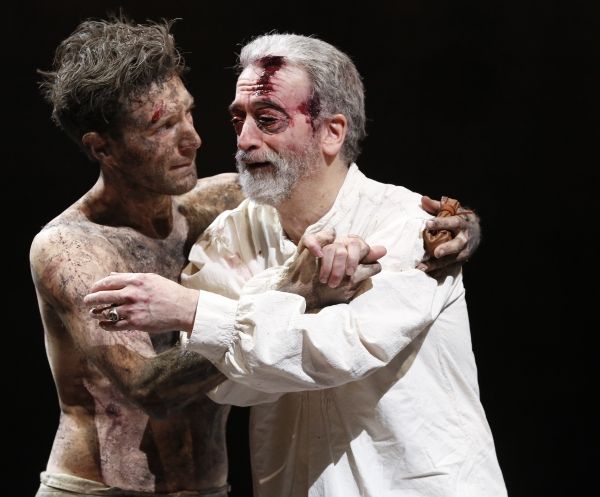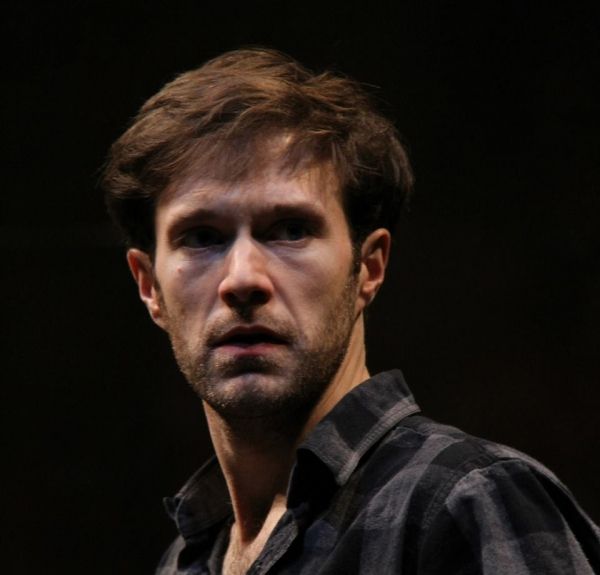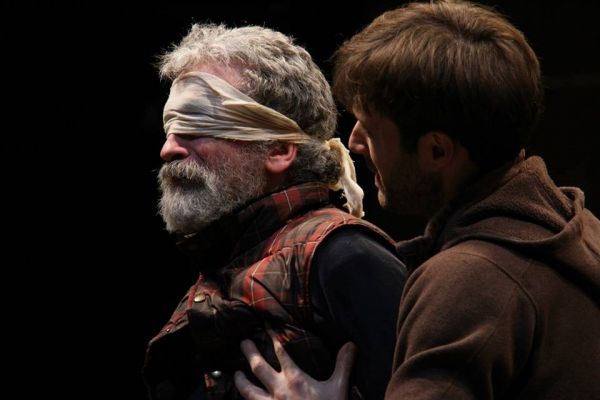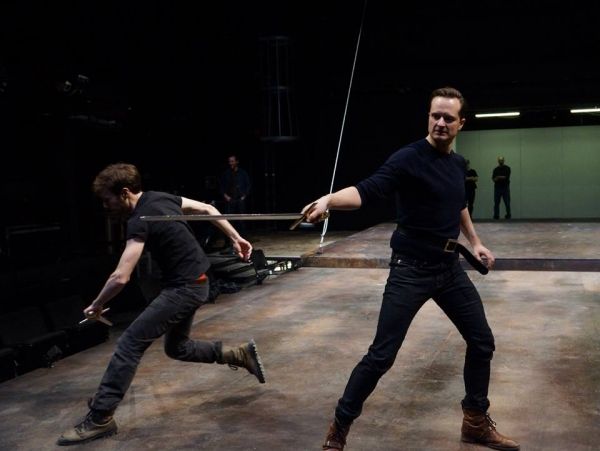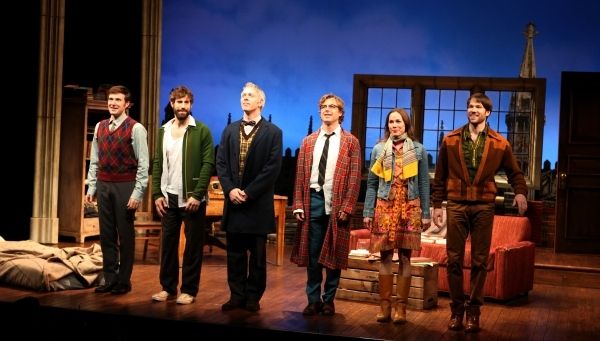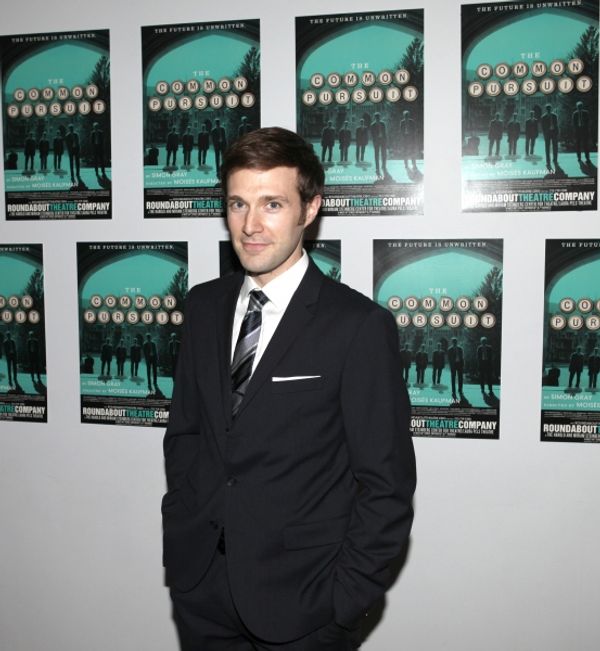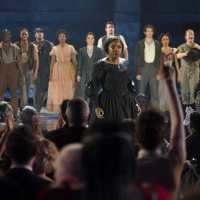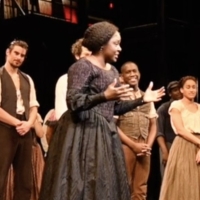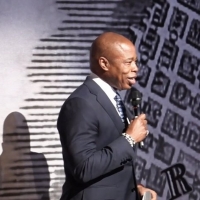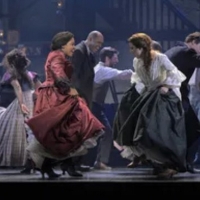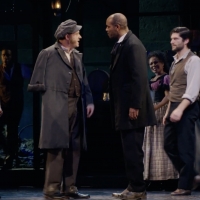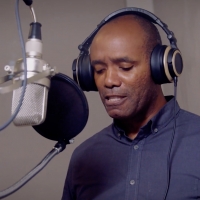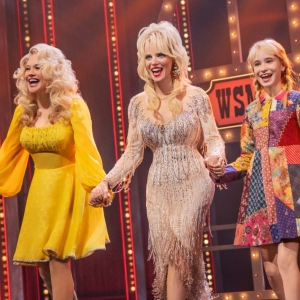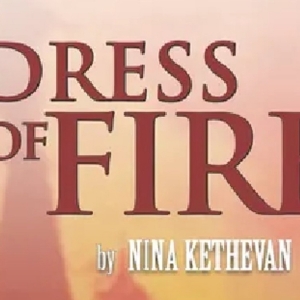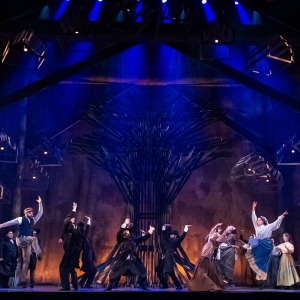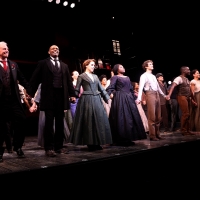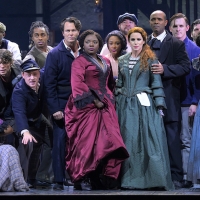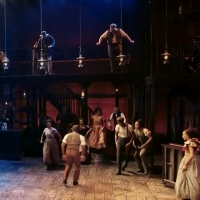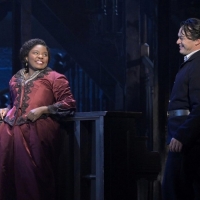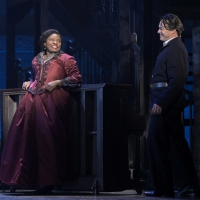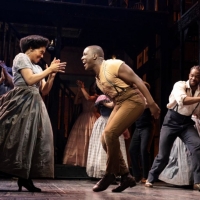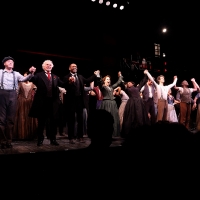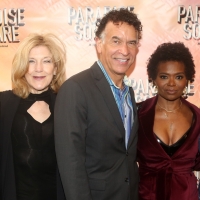Photo: First Look at DOLLY: A TRUE ORIGINAL MUSICAL
by Team BWW - Jul 18, 2025
The first production photo from global icon Dolly Parton’s brand new musical, Dolly: A True Original Musical, has just been released — and it’s giving rhinestones, heart, and pure Nashville sparkle! The world premiere bows with a sold-out first preview at the Fisher Center for the Performing Arts on the campus of Belmont University — right in Dolly’s hometown of Nashville, Tennessee.
Beth Malone and More Join DOLLY: A TRUE ORIGINAL MUSICAL
by Stephi Wild - Jun 5, 2025
Dolly Parton has announced additional casting, the music team, and the design team for the upcoming world premiere of Dolly: A True Original Musical as rehearsals commence in Parton’s hometown of Nashville, TN.
PARADISE SQUARE Will Play Final Broadway Performance
by Team BWW - Jul 11, 2022
Barring a dramatic upturn in business, the Tony Award-winning Broadway production of Paradise Square will conclude its run with the 3:00 pm matinee on Sunday, July 17 at the Ethel Barrymore Theatre (243 West 47th Street). At the time of closing, the production will have played 23 previews and 108 performances.
VIDEO: Joaquina Kalukango Discusses Her PARADISE SQUARE Tony Awards Performance on TODAY
by Michael Major - Jun 22, 2022
Joaquina Kalukango sat down with Hoda Kotb and Jenna Bush Hager on the TODAY Show this morning to discuss her acclaimed Tony Awards performance for Paradise Square. Kalukango also opened up about how her character of Nelly O'Brien in Paradise Square has helped her through an uncertain period in her life. Watch the new interview now!
PARADISE SQUARE Will Now Resume Performances On Tuesday, April 19
by Stephi Wild - Apr 13, 2022
The new Broadway musical Paradise Square will now resume performances on Tuesday, April 19 at the Barrymore Theatre (243 West 47th Street), rather than Saturday, April 16 as previously announced. The change is due to additional COVID cases within the company.
PARADISE SQUARE to Resume Performances on April 16th
by Marissa Tomeo - Apr 11, 2022
After previously announcing that performances would resume on Tuesday, April 12, the original new Broadway musical Paradise Square will definitely resume performances on Saturday, April 16, with performances at 2:00 and 8:00 pm at the Ethel Barrymore Theatre (243 West 47th Street). The production, which opened April 3, halted performances on Thursday, April 7 after positive COVID cases were experienced in the company.
PARADISE SQUARE Cancels Performances Through April 10
by Nicole Rosky - Apr 8, 2022
'In accordance with Broadway COVID protocols established by the industry, the producers of Paradise Square have cancelled performances tonight, Friday, April 8 through Sunday, April 10. The production is expected to resume performances on Tuesday, April 12 at the Ethel Barrymore Theatre. The producers apologize for any inconvenience to our loyal customers.'
Photos: PARADISE SQUARE Company Takes Opening Night Bows
by Bruce Glikas - Apr 4, 2022
Paradise Square opened on Broadway at the Ethel Barrymore Theatre last night, Sunday, April 3rd. Prior to the curtain rising, New York City Mayor Eric Adams made opening remarks onstage. Check out photos from his speech and from the opening night curtain call.



